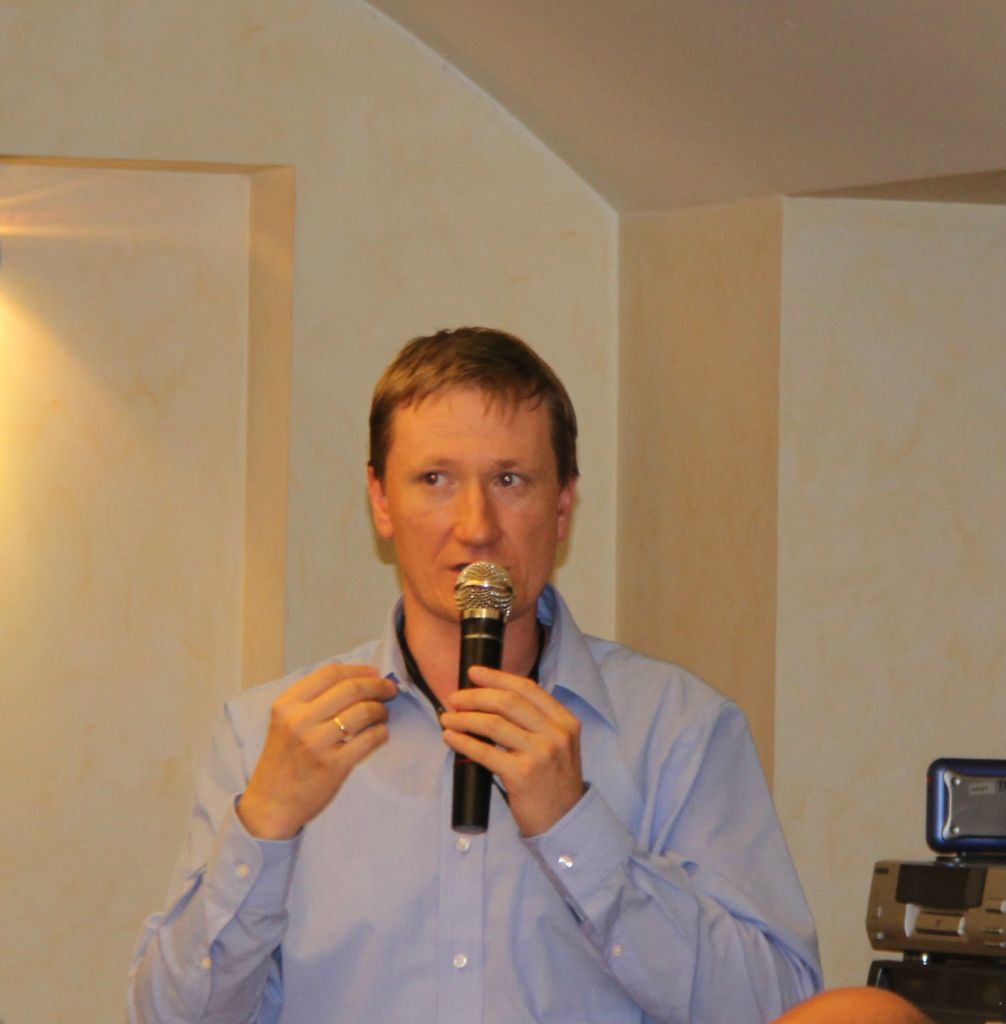Boris Shumilkin – one of the residents of Podberezye village near Velikiy Novgorod, who posted a video on the Internet, in which he spoke about the environmental problems of his village attributed to the construction the wood processing company owned by the company IKEA, next to his house. IKEA has filed a lawsuit against this resident, claiming to refute the dissemination of information and to compensate damage to business reputation, asking for financial compensation in the amount of 30,000 U.S. dollars. The court of first appearance allowed the claim partly and ordered the resident to refute his statements on the Internet, and also exacted a fine of about 40,000 Russian rubles (1,200 U.S. dollars) from him.
The interests of this resident in the court were represented by Yegor Mylnikov, the graduates of the Human Rights House Network project "International Law in Advocacy. Electronic Human Rights Education for Lawyers" and Galina Yartseva, the editor of the newspaper "Russian Caravan". After an appeal, compiled by Yegor Mylnikov according to the knowledge gained in the project "Electronic Human Rights Education for Lawyers", the court of second appearance is almost completely accepted all the main arguments and dismissed the action of IKEA company.
Lawyer Yegor Mylnikov said this case is utterly important in the current situation with freedom of speech in Russia – it will be possible to refer to it in further practice: "The case Shumilkin B.B. against IKEA is important, first of all, because before the consideration of this case, the Russian courts required the disseminators of information to prove its absolute authenticity.In other words, if a journalist made some inaccuracy or exaggeration in order to draw attention to the painful issue, the courts have always recognized these inaccuracies and exaggerations as the dissemination of false information, without even trying to delve into the essence of the problem, about which the distributed information was. It has always been easier for the courts to analyze the form (statement, opinion and conclusion), and not the content of disseminated information. This situation was typical not only for the print and broadcast media, but also for online publications on the Internet.This court decision – the first within my memory, when the court applied directly the practice of the European Court of Justice, and delved into the content of the disseminated information, not focusing on the form of its presentation. Now, journalists and all those who publicly sought to draw attention to the urgent problems will be able to use this court’s decision for the advocacy in the courts against claims of those who seek to restrict freedom of speech. "
"This case is also interesting because the Court of Appeal applied the decision of the European Court of Human Rights in the case of "Novaya gazeta v Voronezhe v. Russia" to the dispute that has arisen over the video message, circulating on the Internet. Thus, the court recognized that all of the approaches that the European Court has developed for traditional media can also be applied for the Internet. Now, Internet users will also be able to use this court’s decision to protect freedom of expression on the Internet, "- said Yegor Mylnikov.
Egor Mylnikov admitted that in order to seek a just decision in this case, he used the knowledge acquired during the training in the project "Electronic Human Rights Education for Lawyers": "First of all, I have used the skills that graduates have worked out during writing the final paper on the each course: structuring of the material, the hierarchy of international norms over national law.Also those courses which required to work independently with the decisions of the European Court of Justice, examining the most common approaches, helped a lot. As a result, after training in the project I have learned to see and imagine how this or that case could be considered by the European Court in terms of the European Convention, and present my findings to the court documents addressed to Russian judges."
Boris Shumilkin himself, who began the fight for environmental issues, did not get the court decision, as he died of pancreatic necrosis.The court of second appearance delivered judgement in his favor July 2, 2013, the day of his funeral.
Related articles
ILIA for lawyers from various legal systems: human rights are universal and their study is available
The work of Belarusian graduates of ILIA project: the response to serious problems of Belarus
ILIA project participants organized a public hearing on the issue of judicial protection in Russia





